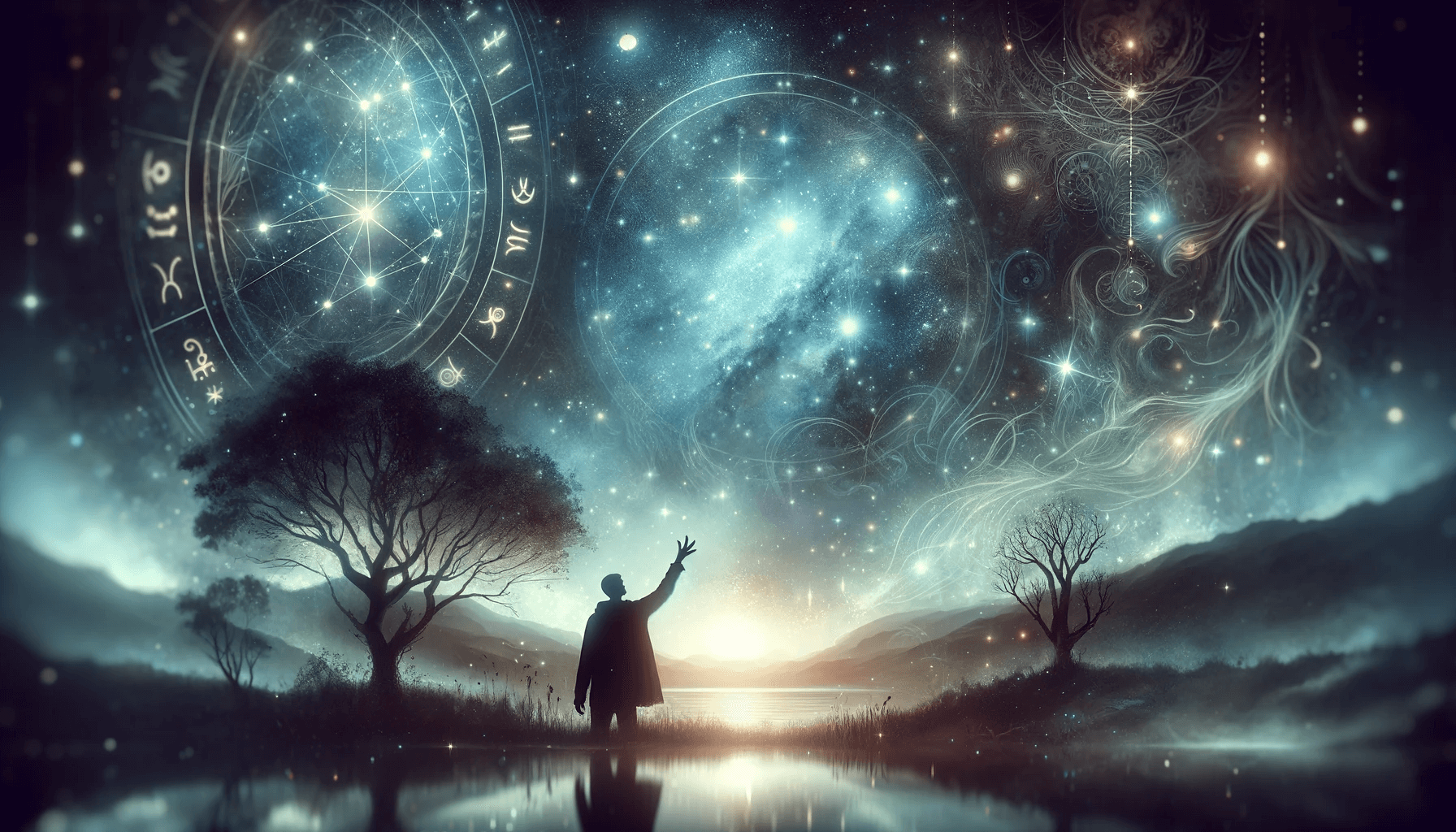The Most Common Misconceptions About Astrology Debunked
Astrology, often relegated to the realm of fortune-telling and sensationalized horoscopes, has a much deeper and more complex foundation than commonly perceived. Despite its ancient roots and cultural significance, astrology frequently encounters misunderstandings that cloud its actual practices and applications. 
Let’s dive into the most widespread myths and misconceptions surrounding astrology, examining the facts and shedding light on this widely misunderstood field.
Astrology Predicts the Future with Certainty
A prevalent misconception about astrology is that it offers guaranteed predictions about the future. Many believe that their daily horoscope has a definitive say in how their day will unfold, from career moves to relationships. However, astrology doesn’t work this way. Here’s the reality:
- Astrology as a tool of guidance, not prediction: Rather than making exact predictions, astrology uses planetary alignments to provide insight into potential trends, energies, or influences in a person’s life. This can help individuals understand certain areas of focus or challenges they may encounter, but it doesn’t foretell precise events.
- The concept of “free will” in astrology: Astrology doesn’t negate human agency. Instead, it offers a framework within which individuals can exercise free will. For example, a challenging transit may indicate a period of internal or external struggle, but it’s ultimately up to the individual to navigate that period.
- Personal interpretation is key: Astrological readings require subjective interpretation, often through the lens of an individual’s unique experiences and personality traits. Two people with the same zodiac sign may interpret a similar reading differently based on their circumstances and choices.
Your Sun Sign Defines Everything About You
Perhaps the most popularized aspect of astrology in Western media is the Sun sign, also known as the “star sign.” While it plays a significant role, the Sun sign alone doesn’t tell the full story of an individual’s astrological profile.
- The importance of the natal chart: An astrological profile is a complex map, known as a natal chart, which includes the positions of the Sun, Moon, planets, and other celestial bodies at the time of birth. This chart considers twelve houses and various planetary aspects, creating a unique portrait of an individual.
- Sun sign as one part of a larger whole: The Sun sign represents one’s core identity and primary life themes, but it’s only part of the picture. Other elements, like the Moon sign (reflecting emotional nature), Rising sign (public persona), and planetary placements, offer critical insights that define personality.
- Beyond Western astrology: There are different systems of astrology, including Vedic and Chinese, that emphasize other aspects and may yield contrasting perspectives. These systems underscore that astrology is not a one-size-fits-all approach; it adapts to diverse cultural and philosophical interpretations.
Astrology Has No Scientific Basis
One of the harshest criticisms of astrology is that it lacks scientific credibility. Critics often claim that there is no evidence to support astrology, dismissing it as pseudoscience. However, this assumption overlooks the nuanced relationship between science and astrology.
- Astrology as a symbolic language: Unlike empirical sciences, astrology operates more like a symbolic system, offering insights through metaphor and archetype. It’s comparable to psychology or myth in that it helps people understand themselves and their experiences in a non-linear way. This doesn’t disprove astrology but rather frames it as a different kind of interpretive tool.
- Astrology and observational data: Although astrology does not adhere to scientific methodology in the traditional sense, it has roots in thousands of years of observation. Ancient astrologers noted patterns in celestial alignments and human behaviors, leading to the establishment of astrological principles.
- Resonance with emerging fields of psychology: Carl Jung, a notable psychologist, recognized astrology’s capacity to tap into archetypal energies that influence the subconscious. Many astrologers see astrology as a complement to psychology, providing frameworks for understanding human motivations and responses.
Astrology and Astronomy Are the Same
Another common misconception is that astrology and astronomy are interchangeable, given that both deal with celestial bodies. This misunderstanding is largely due to a shared history; however, the two fields serve very different purposes today.
- Astrology: interpreting cosmic influence: Astrology seeks to interpret the energetic impact of celestial bodies on human experiences, often using mythological and psychological frameworks. Astrologers focus on how planetary positions relate to personal growth, life patterns, and cycles of change.
- Astronomy: scientific observation of the cosmos: Astronomy, in contrast, is a science devoted to studying the physical aspects of space, including the motions, behaviors, and properties of celestial objects. Astronomers measure phenomena like distances, luminosity, and gravitational effects without attributing any symbolic or personal meaning.
- Shared history, distinct evolution: Historically, astrology and astronomy were intertwined, with ancient scholars observing celestial bodies both for divinatory and scientific purposes. Over time, they split, with astronomy moving into empirical science and astrology continuing as a form of symbolic interpretation.
Conclusion
Astrology often becomes a victim of misunderstandings, partly due to its complex and symbolic nature and partly due to popular simplifications in media. By debunking these misconceptions, we can better appreciate astrology’s true purpose—as a tool for personal insight, symbolic interpretation, and self-reflection. While it may not offer the empiricism of science, astrology serves as a profound cultural and psychological lens, one that has persisted across centuries to help individuals make sense of their world and their place within it.
References:
- Astrology’s Purpose Beyond Prediction
- The Role of Free Will in Astrology
- The Complexity of the Natal Chart
- The Role of Sun, Moon, and Rising Signs
- Astrology and Symbolism
- Jung and Astrology
- Differences Between Astrology and Astronomy
- Astrology’s Historical Roots
- https://www.linkedin.com/pulse/debunking-astrology-myths-separating-fact-from-komal-bilolikar-b6jpf#:~:text=1.,and%20tendencies%20rather%20than%20certainties.





















![[ℕ𝕖𝕧𝕖𝕣] 𝕊𝕖𝕝𝕝 𝕐𝕠𝕦𝕣 𝔹𝕚𝕥𝕔𝕠𝕚𝕟 - And Now What.... Pray To The God Of Hopium?](https://cdn.bulbapp.io/frontend/images/79e7827b-c644-4853-b048-a9601a8a8da7/1)





















